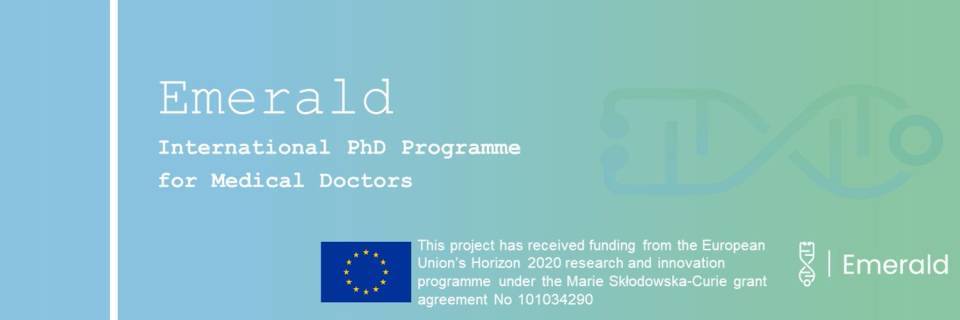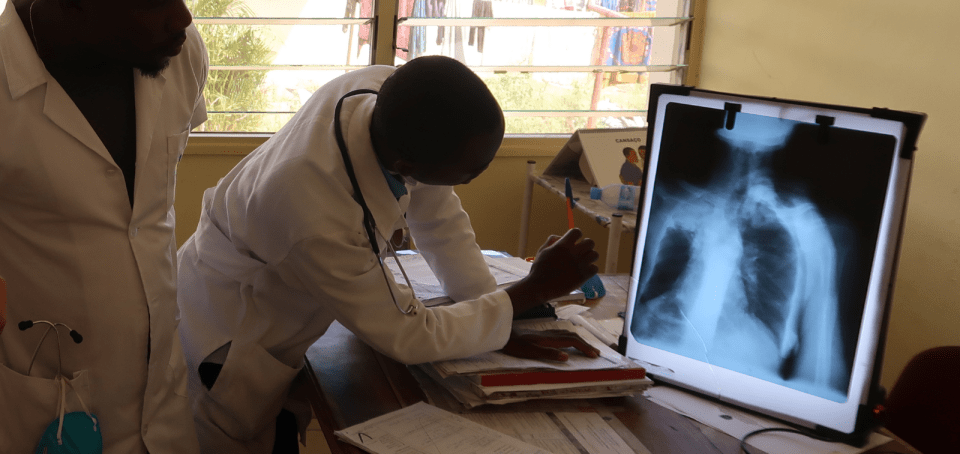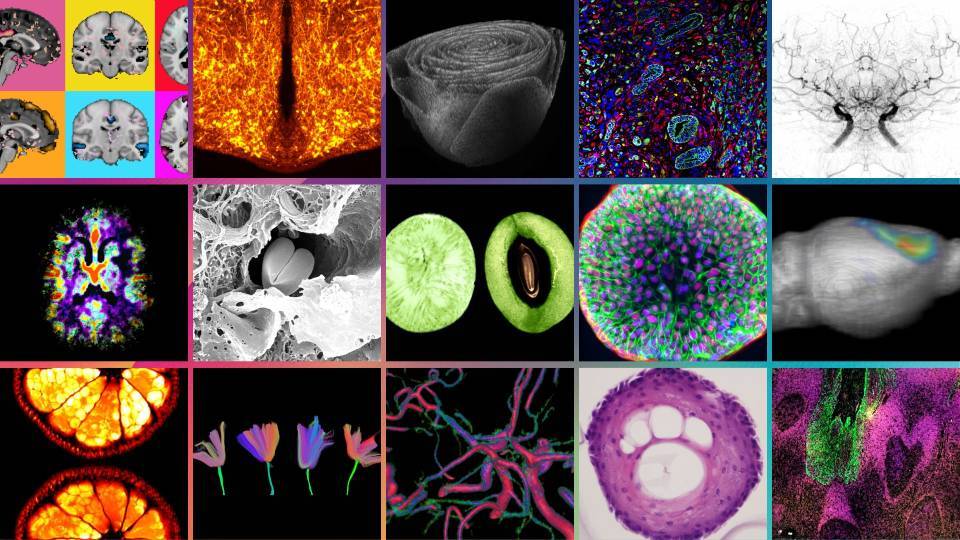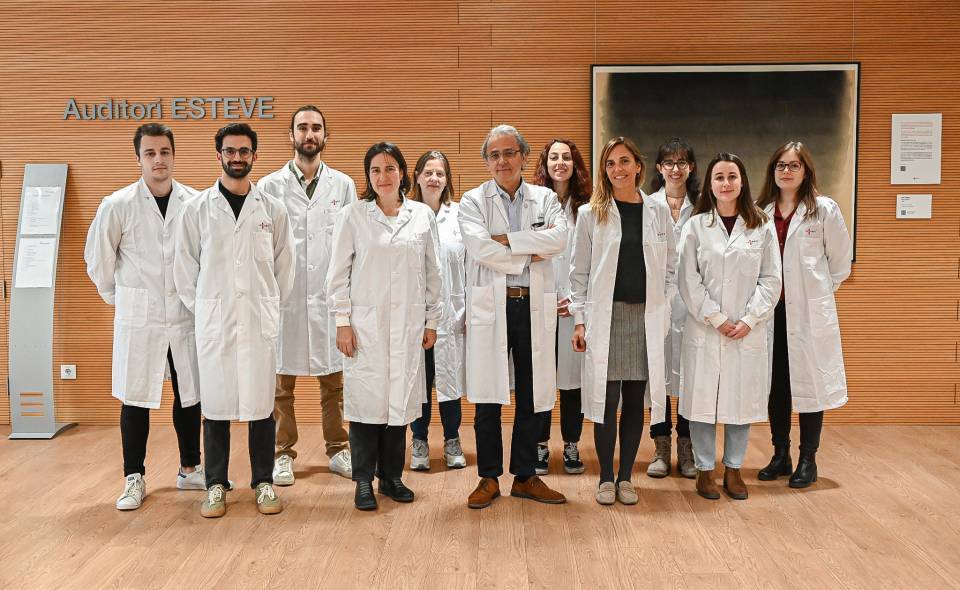The 4.5-million-euro EMERALD program is bridging the gap between laboratory research and clinical practice by providing doctors with biomedical research training at one of eight research institutes across Europe, being IDIBAPS one of them. The program, coordinated by the Center for Genomic Regulation (CRG) aims at recruiting 15 fellows from any nationality.
Despite rapid advances in biomedical research, new discoveries do not always find their way to clinical practice, which would improve diagnostics or result in new and better treatments. Bridging this gap, known as the “valley of death”, is key to tackling global health challenges such as diabetes, Alzheimer’s disease, and cancer.
Medical doctors with a PhD in biomedical research, or clinician-scientists, are uniquely placed to overcome this gap through their clinical insights, scientific knowledge and academic experience, helping identify where innovative research is most urgently needed and expand that knowledge for the benefit of patients.
"Clinician-scientists are an invaluable asset in both research and medical settings. They combine clinical expertise with a background in research, and so are ideally placed to both treat disease and understand the underlying mechanisms. However, this is not a common career path and the number of clinician-scientists is decreasing both in Europe and beyond", says Elias Campo, director of IDIBAPS. "In this sense, EMERALD is a great opportunity to address this issue. The program, not only offers excellent scientific training for physicians, but also boosts the development of European-wide MD-PhD programmes”.
IDIBAPS, one of the eight host institutions, has a strong experience in specific research training programmes for clinician-scientists. The Institute offers two positions to work in one of the following research projects:
- Developing and investigating computing, machine learning and physiological modelling for understanding each individual heart towards personalised medicine, supervised by Bart Bijnensa and Marta Sitges.
- Mechanisms and therapies for Myeloma, amyloidosis, macroglobulinemia and other gammapathies, supervised by Carlos Fernández de Larrea.
- Mechanisms involved in vascular inflammation/remodeling in systemic vasculitis, supervised by Mariona Cid and Georgina Espígol.
- Mechanisms involved in strenuous exercise-induced atrial myocardial fibrosis supervised by Eduard Guasch.
The other seven host institutions are:
- The Centre for Genomic Regulation (CRG) in Barcelona, Spain
- The Institut Curie in Paris, France
- The Biotech Research & Innovation Centre (BRIC) at the University of Copenhagen, Denmark
- The Fundação Calouste Gulbenkian - Instituto Gulbenkian de Ciência (IGC) in Lisbon, Portugal
- The Max Delbrück Center for Molecular Medicine in the Helmholtz Association (MDC) in Berlin, Germany
- The Netherlands Cancer Institute (NKI) in Amsterdam, The Netherlands
- The Flanders Institute for Biotechnology (VIB) in Ghent, Belgium
Alongside the host institutions, there are more than 30 EMERALD partners from 10 European countries, including universities, hospitals, patient associations, pharmaceutical companies and publishers, with each partner offering secondment opportunities, collaborations and bespoke training for the medical doctors.
Further details on the application process can be found on the EMERALD programme’s official website. The deadline for applications is the 28th of August 17h CET, 2022.




